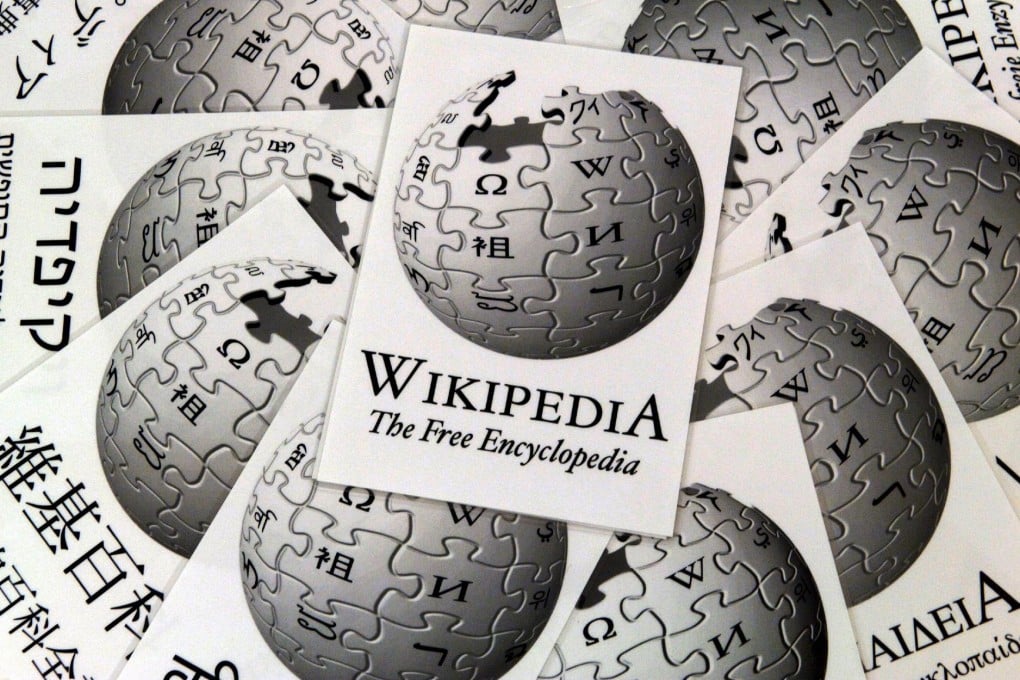Can 15-year-old Wikipedia remain the planet's font of all knowledge?
As Wikipedia marks its birthday, Andrew Lih looks back at how the website conquered the internet and the challenges it faces in maintaining its position as the 'font of all knowledge'.

This month, Wikipedia officially celebrates 15 years as the internet's free encyclopedia, cataloguing humankind's achievements in real time and, more importantly, rescuing desperate students facing assignment deadlines.
In that time, it has hastened the end of Microsoft's Encarta encyclopedia and supplanted Britannica as the dominant reference work in English. While the digital landscape has changed drastically over the past decade, Wikipedia has not, and still delivers that rare site that strives for neutrality and accuracy, all with no commercial advertisements.
READ MORE: Why people everywhere seem to love Wikipedia, according to Jimmy Wales
It's hard to overstate how influential Wikipedia has been, not just as a free alternative to traditional knowledge sources, but as a vanguard for maintaining and delivering up-to-date information. Each month, nearly 100,000 volunteers around the world actively contribute content to Wikipedia so that anyone may freely read, copy or redistribute its articles.
Dr James Heilman, a Canadian emergency room doctor and a volunteer Wikipedia editor, found that it was the most turned-to source of information on the internet during the height of the recent Ebola outbreak in West Africa. In the Journal of Medical Internet Research, he noted, "Wikipedia appears to be the single most used website for health information globally, exceeding traffic observed at the National Institutes of Health, WebMD and the World Health Organisation." With substantial editions in more than 100 languages, it has become a critical educational resource in emerging markets ignored by traditional publishers.
However, Wikipedia, now an online digital "teenager", faces big questions about its identity and future direction. While its volunteer community emerged alongside blogs and MySpace - two "open web" platforms that have dramatically declined in the past decade - the encyclopedia continues to be relevant, timely and useful, even if its text-heavy front page looks old-fashioned compared with today's social media start-ups.